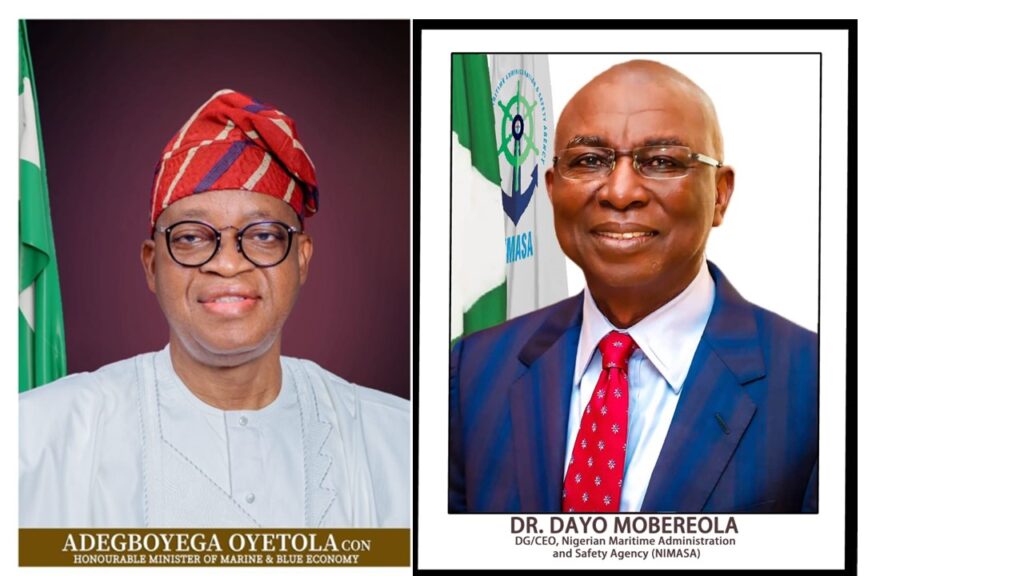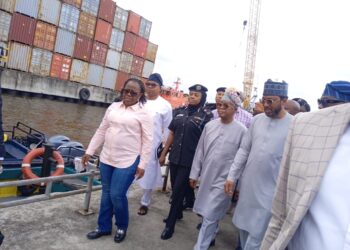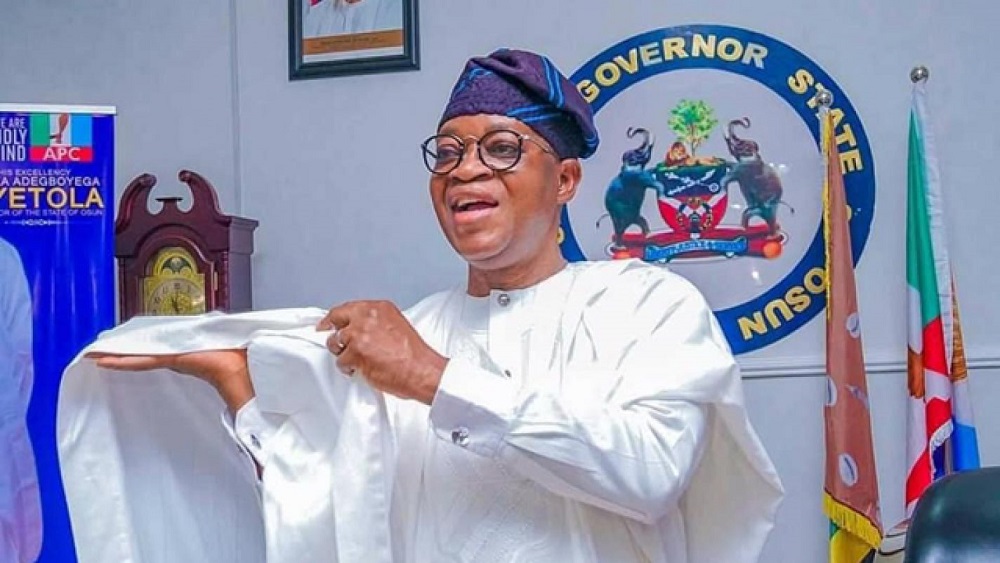




As Adegboyega Oyetola marks his first year as Nigeria's Minister of Marine and Blue Economy on August 21, 2024, maritime stakeholders have expressed significant disappointment regarding his performance. Critics argue that Oyetola has not introduced any notable achievements or new policies during his tenure. Concerns have been raised about the management of the Cabotage Vessel Financing Fund (CVFF), with fears of potential misuse. Prominent figures in the maritime sector, such as Prince Ayorinde Adedoyin and Otunba Sola Olatunji, have voiced skepticism about the ministry's effectiveness under Oyetola's leadership. Chidi Anthony Opara suggested that Oyetola might be overwhelmed by the challenges facing the ministry, while Chief Issac Jolapamo pointed out foundational issues that continue to plague the industry. Emenike Nwokeoji called for more time to fairly evaluate Oyetola's performance, whereas Alhaji Aminu Umar acknowledged some positive changes but stressed the necessity for ongoing development in the sector. [9c237d23]
Despite the criticisms, Oyetola's ministry had previously been recognized for its performance, with the Federal Ministry of Marine and Blue Economy being ranked as the top-performing ministry in the Ease-of-Doing-Business ranking. This recognition came during a town hall meeting chaired by Vice President Kashim Shettima, who emphasized the importance of public sector reforms and the need for ministries to align with the government's agenda. The Vice President noted that the ministry had achieved a collective score of over 80% in public sector reforms, which was a significant improvement. [21fac6bd]
In a recent development, the Nigerian federal government convened in Abuja to finalize the Blue Economy Strategic policy, led by Minister Oyetola. This workshop aimed to review and validate the national blue economy document, which serves as a roadmap for sustainable development. The first National Consultative Workshop occurred from April 8-10, 2024, where Oyetola emphasized the need for a strategic approach to unlock marine resources. This initiative aligns with President Tinubu’s Renewed Hope Agenda to enhance Nigeria’s GDP through marine sectors. AU representative Georges Mba Asseko highlighted the importance of integrating various economic sectors for progress. [644c5750]
However, the ministry's financial situation has raised alarms, particularly with the announcement of the 2025 budget allocation. The Ministry of Marine and Blue Economy received only N12 billion, which includes N11.77 billion for capital expenditures and N453.86 million for recurrent spending. Minister Oyetola described this allocation as grossly inadequate during a budget defense on January 26, 2025. This budget reflects a minimal increase from the previous year’s allocation of about N10 billion, leaving stakeholders disappointed over the lack of growth in the maritime sector since its establishment in 2023. The global maritime sector is valued at over $3 trillion, with potential growth to $6 trillion, yet Nigeria's indigenous shipping capacity remains underfunded, with the CVFF unutilized for 22 years. [5ce0f2fb]
Oyetola has recently underscored the necessity of a national policy on marine and blue economy for Nigeria's maritime sector development. This policy aims to foster economic growth in areas such as fisheries, aquaculture, renewable energy, tourism, and seabed mining, while also ensuring environmental sustainability. The policy addresses pressing challenges, including environmental degradation and illegal fishing. Notably, Nigeria has experienced zero piracy incidents in the past three years, although it still faces ongoing boat mishaps. The proposed policy includes nine parts covering legal frameworks, maritime transport, fisheries, and marine innovation, with a validation workshop planned to refine the draft policy based on stakeholder input. [d10b7f1f]
The Nigerian Maritime Administration and Safety Agency (NIMASA) also received presidential recognition for its quality service delivery, being voted as the best government agency in a thorough evaluation of its operational activities. Dr. Jumoke Oduwole, the Special Adviser to the President on PEBEC, highlighted NIMASA's achievements and the enabling environment created for local and foreign investors in the maritime sector. [b96d26e1]
However, the recent feedback from stakeholders indicates a growing concern about the ministry's direction and effectiveness under Oyetola's leadership. The juxtaposition of past accolades with current criticisms paints a complex picture of the ministry's performance and raises questions about its future trajectory. Stakeholders are calling for a reevaluation of strategies to ensure that the ministry can effectively address the challenges facing Nigeria's maritime industry. [1e88fc5f]